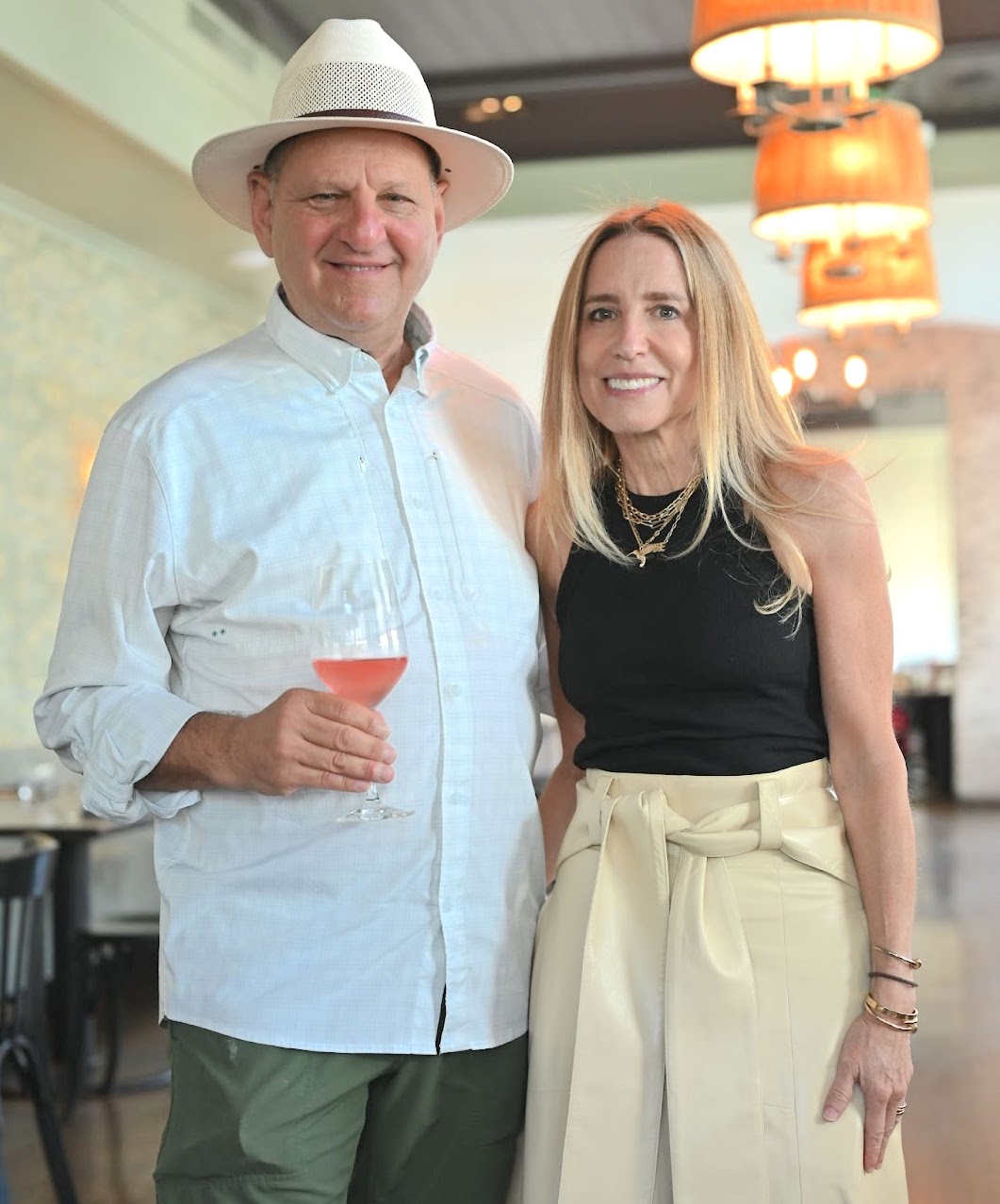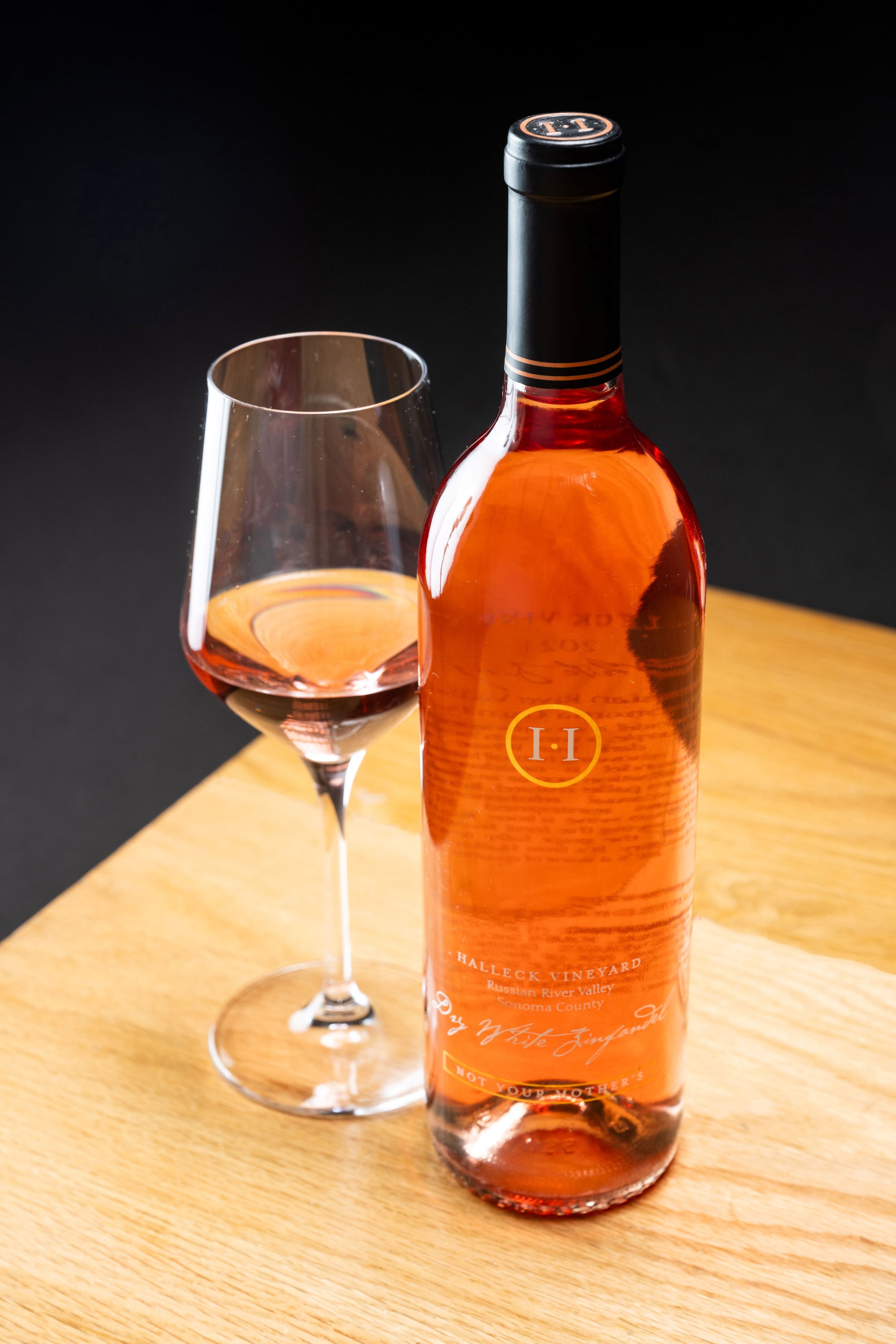Vineyard Picnic Spots In Sonoma Valley - Enjoying The Best Wineries In Sebastopol
Remarkable Craft Wineries In Sebastopol - A Guide To Sonoma Wineries
Wine tasting has been a cherished tradition for tons of of years, with roots deeply intertwined in varied cultural practices. The journey of winery wine tasting traditions reveals a wealthy tapestry of history, social customs, and regional influences that have shaped how wine is appreciated at present.
The origins of wine tasting can be traced again to ancient civilizations, notably in areas corresponding to Mesopotamia, Egypt, and Greece. These early societies positioned important importance on wine, each for its social and religious implications. In historical Greece, wine was not just a beverage; it was a significant part of religious ceremonies and festivals, typically devoted to Dionysus, the god of wine and fertility. These celebrations involved communal ingesting, where the standard of wine was mentioned and debated, serving as an early type of wine tasting.
As the centuries progressed, the Romans further developed wine culture. They introduced various techniques for viticulture and winemaking, and their appreciation for wine led to the establishment of quite a few vineyards across their empire. Wine turned an integral part of social life, and lavish banquets had been organized where completely different wines have been sampled, permitting patrons to debate traits corresponding to taste and aroma (Innovative Wine-Making Techniques In Sonoma Valley).
During the Center Ages, wine continued to play a vital position, particularly inside monasteries the place monks grew to become the guardians of winemaking. They meticulously cultivated vineyards and produced wine for both non secular sacraments and native consumption. These religious institutions have been pivotal within the preservation of viticultural data. Wine tasting during this period typically concerned easy evaluations at native gatherings, the place it served as a way of fostering group.
Wineries With Breathtaking Gardens In Sonoma - Family-Owned Wineries In Sonoma
The Renaissance marked a major shift in wine tasting traditions. There was a revival of emphasis on the arts and sciences, and with this renewed curiosity came advancements in the understanding of wines. As aristocrats started to experiment with various flavors and styles, the practice of tasting wines turned extra refined. This era introduced concerning the institution of formal wine tastings, the place wines from totally different areas had been compared and contrasted, highlighting terroir—the unique traits derived from a specific geographical area.
In the 18th century, wine tasting began to evolve into a extra structured practice. The emergence of wine enthusiasts and connoisseurs led to the creation of organized events centered round wine tasting. As different wine areas in Europe developed their distinctive identities, tasting became the key to understanding these variations. Prominent figures began to publish guides and evaluations, documenting the intricacies of wine from specific vineyards.
The nineteenth century introduced scientific advancements that remodeled the wine trade. Techniques corresponding to cork closure and bottle getting older revolutionized the best way wine could probably be saved and enjoyed. This interval also marked the rise of the wine critic and the importance of expert opinions. Wine tastings turned more focused on professional evaluations, with distinctive methodologies rising to assess high quality.
Wineries Showcasing Local Art And Crafts - Wine Tasting Experiences In Sebastopol
In the Usa, particularly during the late twentieth century, winery wine tasting traditions took on a new dimension. The California wine business emerged as a formidable player on the worldwide stage, primarily because of the Napa Valley's improvement. The Judgement of Paris wine tasting in 1976 served as a pivotal second, putting American wines on the map and prompting a surge in curiosity in wine tourism. Winery tours and tastings grew to become commonplace, allowing visitors to discover not only the wines but additionally the intricacies of the winemaking course of.
Wine tasting has not remained static; it continues to adapt and evolve with changing client preferences. Right Now, there might be an emphasis on experiential tastings, where guests are encouraged to work together not just with the wine but additionally with the surroundings in which it's produced. Many wineries offer a wide range of tasting experiences that embody food pairings, instructional classes, and even immersive activities that highlight the agricultural practices behind wine manufacturing.

As world awareness of sustainable practices grows, many tasting traditions now incorporate principles of sustainability and organic viticulture. Wineries that prioritize eco-friendly practices are increasingly well-liked, and guests usually seek out tastings that reflect these values. Exploring the history behind winery wine tasting traditions illuminates not solely the evolution of tasting techniques but additionally the broader societal shifts that have influenced wine tradition.
The rich sensory experience of wine tasting is deeply rooted in community and collaboration. Whether Or Not it's a casual gathering of associates or a formal tasting event, the act of savoring wine is usually accompanied by storytelling and connection. These traditions foster not just an appreciation for the wine itself but in addition the relationships fashioned round it.
Wineries Offering Elegant Wine Tastings - Sonoma Wine Tasting Recommendations
In conclusion, exploring the history behind winery wine tasting traditions reveals a fascinating interaction of tradition, innovation, and social engagement. As wine continues to evolve, so too do the methods in which it is tasted and loved. This historic journey not only highlights the importance of wine in human civilization but in addition sheds light on the ever-changing panorama of wine appreciation. The experiences we create round wine tastings will carry on this rich legacy for generations to return.
- The historic practice of wine tasting may be traced back to the Greeks and Romans, who held elaborate feasts to showcase their best vintages and point out social standing.
- In medieval Europe, monasteries grew to become key gamers in wine production and tasting, as monks refined techniques and established traditions that still affect wine culture today.
- The introduction of wine tasting events in England through the 18th century marked a shift from private gatherings to public interest, resulting in the primary recorded wine tasting competitors.
- The institution of the French AOC (Appellation d'Origine Contrôlée) system within the 1930s formalized wine tasting practices, helping to preserve regional identities and enhance the evaluation process.
- The Rise of the New World wine regions in the late 20th century expanded wine tasting traditions, bringing diverse styles and flavor profiles to international audiences, which reshaped shopper preferences.
- Wine tasting as an academic experience gained recognition within the Nineteen Seventies, with sommelier programs and tasting workshops changing into important for hospitality professionals and wine enthusiasts.
- The evolution of sensory evaluation techniques has remodeled wine tasting, permitting tasters to scientifically assess the complexity of aromas and flavors, enhancing each appreciation and criticism.
- Know-how performs a big position right now, with apps and online platforms providing consumers access to tasting notes, rankings, and digital tasting events, democratizing the wine tasting experience.
- Cultural influences have diversified wine tasting traditions; as an example, some traditions incorporate food pairings and native customs, enriching the tasting experience throughout numerous areas.
- Sustainability has emerged as a focal point in modern wine tasting practices, with an emphasis on organic and biodynamic wines, reflecting shoppers' increasing ecological consciousness.undefinedWhat is the origin of wine tasting traditions?
- Wineries With Scenic Views
Wine tasting traditions date again hundreds of years to historic civilizations such as the Greeks and Romans, who celebrated wine not only as a beverage but additionally as a cultural and social experience. Over time, these practices advanced, together with the event of vineyards and winemaking techniques, leading to the formal tasting events we see at present.
How have wine tasting practices modified over time?
Wineries Featuring Vineyard Tours - Sebastopol's Vibrant Wine Scene
Wine tasting practices have shifted from casual gatherings to structured events that emphasize schooling and appreciation. Initially, tastings had been about evaluating quality somewhat than sensory enjoyment. Right Now, tastings usually embrace features of wine production, regional traits, and food pairings, making them more Web Site interactive and informative.
What is the importance of terroir in wine tasting?
Terroir refers back to the unique environmental situations affecting grape growing, together with climate, soil, and topography. This concept is crucial in wine tasting as it helps tasters recognize how these factors affect the flavor profiles and characteristics of various wines, providing deeper insight into every wine's story.
Family-Oriented Wine Tasting Venues In Sebastopol - Exploring Sonoma's Wine Landscape
Why are specific glasses really helpful for wine tasting?
Totally Different types of wine glasses are designed to reinforce the tasting experience - Interactive Wine Tasting Experiences In Sonoma. Every glass shape influences the aroma and flavor notion, serving to to highlight the wine's greatest qualities. The right glass can elevate the sensory experience, permitting tasters to fully recognize the nuances of the wine.
Vineyard Tours With Guided Tastings In Sonoma - Sonoma County's Best Wine Experiences
What role does the winemaker play in wine tasting traditions?
The winemaker is essential in shaping the wine's character and high quality. Their expertise in mixing, fermentation, and aging techniques instantly impacts the tasting experience. Many tastings include alternatives to fulfill winemakers, providing perception into their philosophies and the artistic processes behind their wines.
Wineries That Welcome Walk Ins - Scenic Wineries Of Sebastopol
How can I put together for a wine tasting visit?

To prepare for a wine tasting, familiarize yourself with the winery's choices and regional wines. Consider visiting their website or studying about their grape varieties and manufacturing methods. Additionally, it's useful to have a fundamental understanding of wine tasting techniques, such as how to assess aroma, shade, and palate.
What should I expect during a winery wine tasting experience?
Wineries Ideal For Large Groups - Sebastopol Wine Experiences
Throughout a winery tasting, you probably can count on a guided experience where workers will present chosen wines, usually including particulars about their production and tasting notes. Tastings may additionally contain food pairings or discussions about the winery's history. It Is a possibility for both schooling and pleasure in a relaxed environment.
Are there etiquette pointers for wine tastings?
Sure, there are a number of etiquette tips to observe during wine tastings. It's learn the facts here now advisable to reach on time, listen to the host, and be respectful of others. Spitting is suitable because it lets you enjoy multiple wines with out intoxication. Lastly, asking questions and engaging with employees exhibits your curiosity and enhances the experience.
Affordable Wine Tastings In Sonoma County - Finding Good Wineries For Wine Tasting
What is the impact of cultural traditions on wine tasting?
Cultural traditions significantly form wine tasting practices around the globe. Areas may incorporate native customs, rituals, or food pairings into their tastings, reflecting their heritage. This range enriches the wine tasting experience by offering distinctive perspectives and insights into how wine plays a job in various cultures.